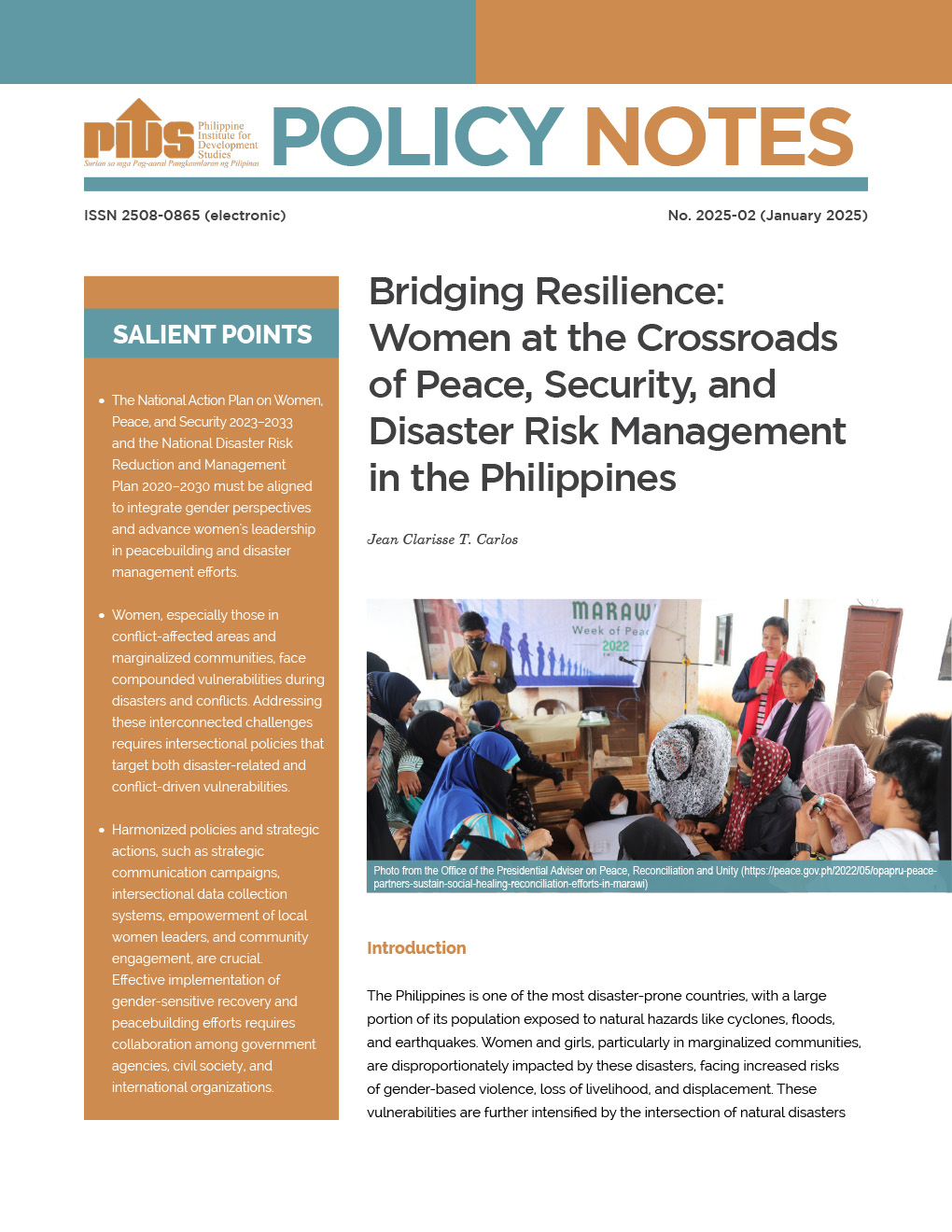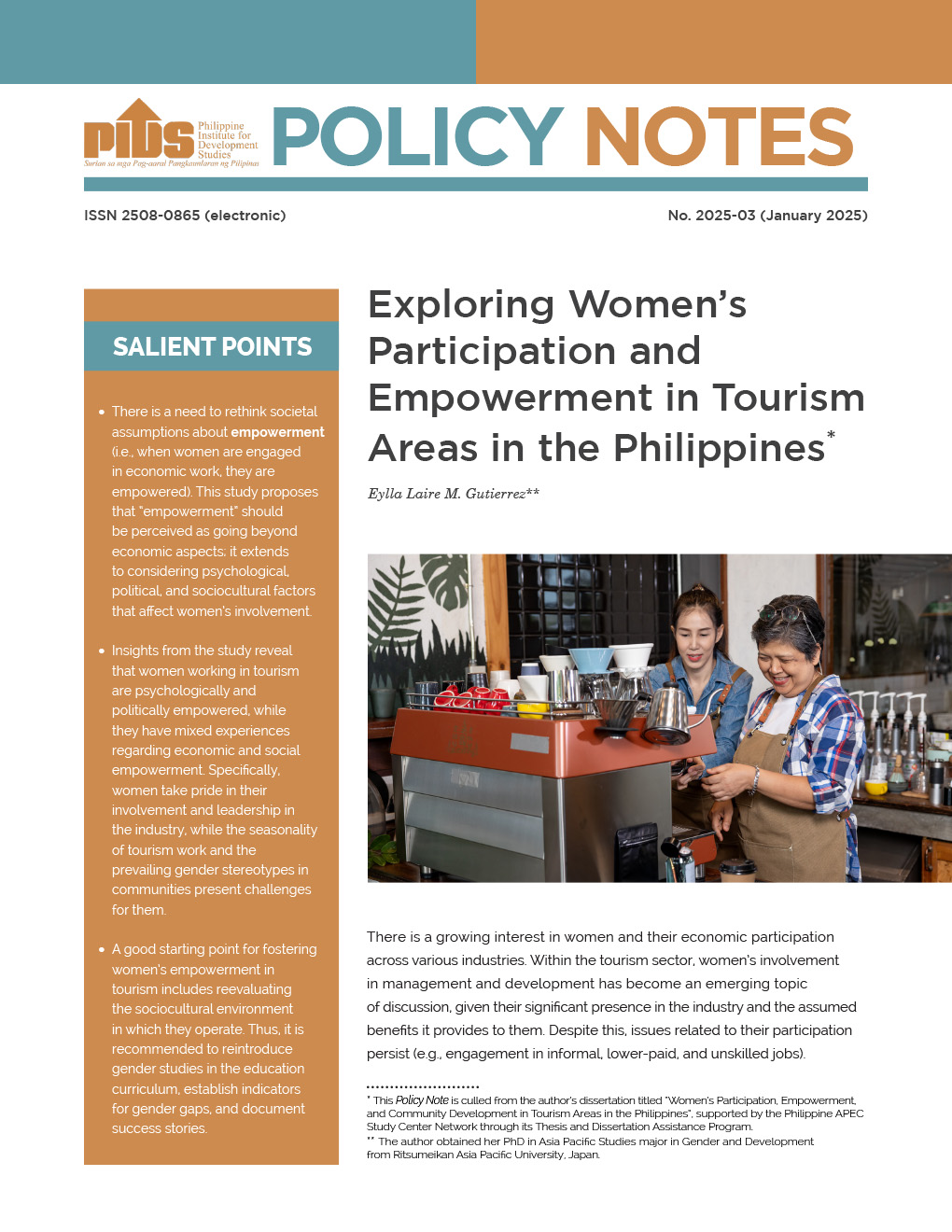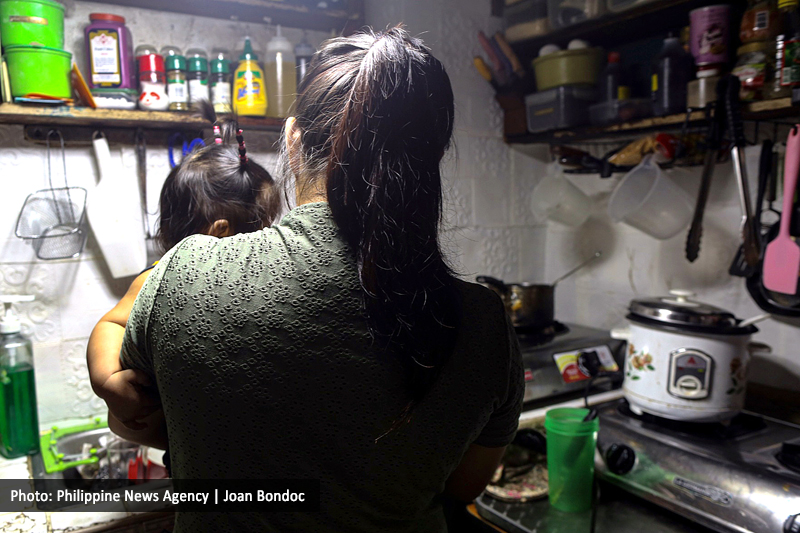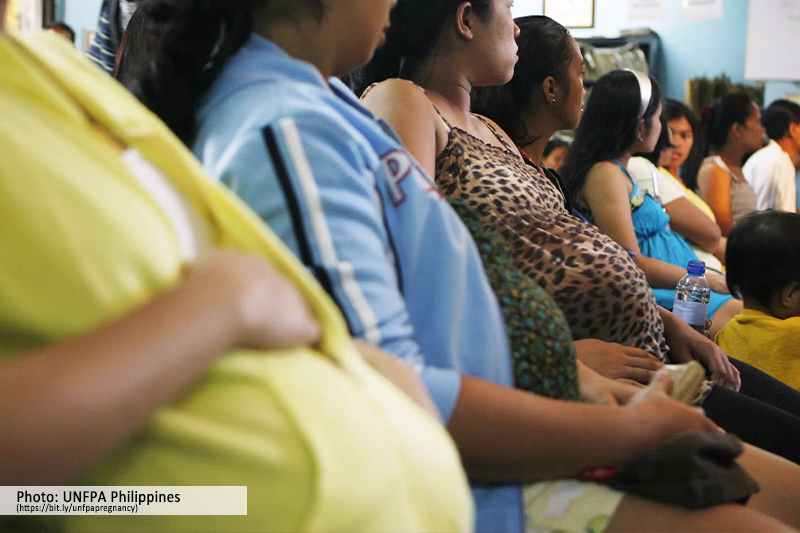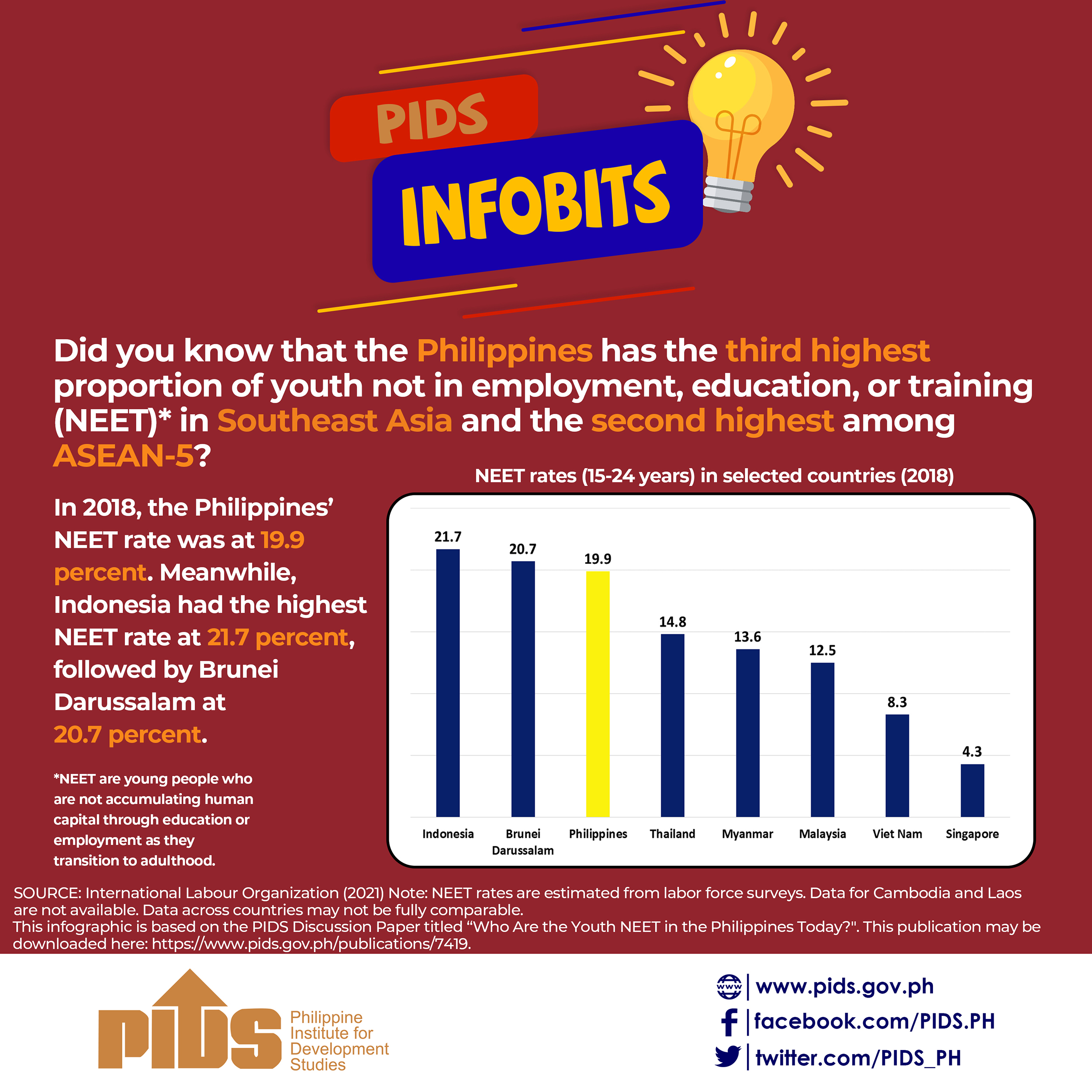Experts are sounding the alarm on the economic and demographic costs of unpaid housework in the Philippines, warning that entrenched gender roles are suppressing women’s labor participation and driving down national fertility rates.
In a hybrid forum hosted by the Philippine Institute for Development Studies (PIDS) on March 27, 2025, Senior Research Fellow Dr. Connie Bayudan-Dacuycuy presented findings that highlight the persistent and widespread effects of unpaid caregiving on women’s career trajectories, wages, and family planning choices.
“The patterns that we observed five years ago still hold in the current setting,” Bayudan-Dacuycuy said, pointing to labor force surveys showing that married Filipino women are three to four times more likely than men to cite housework as their reason for not working.
The trend is consistent across income levels and reflects deep-seated cultural norms that position women as primary caregivers, regardless of professional ambition or financial need.
“Women typically outperform men in terms of [housework] hours,” she added, emphasizing that the imbalance is visible across all socioeconomic classes.
These disparities have broader implications for the country’s demographic health.
Bayudan-Dacuycuy linked unpaid domestic labor to a growing reluctance among women to have more children.
“More than half of the women preferred fewer children because they associate another child with more housework,” she said, warning that the Philippines’ 1.9 fertility rate is now below the replacement threshold and trending toward the same demographic crisis seen in Japan and South Korea.
Japan’s fertility rate stands at 1.3, while South Korea’s has dropped to a record-low 0.8—both well below the 2.1 needed to maintain population stability.
In addition to shrinking family sizes, Filipino women also face economic penalties for their caregiving roles.
Bayudan-Dacuycuy revealed that married women earn an average of PHP 30 less per day than their single counterparts, while married men benefit from a wage premium of PHP 45 more per day.
“Firms may view the profession of training to these women as a risky investment,” she explained, noting how caregiving responsibilities limit women’s availability and upward mobility.
The presentation identified several root causes of the imbalance, starting with market-based economic pressures.
“The spouse that commands the higher market price will, of course, go to the marketplace and those that are not going to fetch a higher price will perhaps cut back and then do the housework,” she said.
Additional drivers include outdated biological assumptions and patriarchal norms that entrench male dominance in both household and professional spaces.
To address these challenges, Bayudan-Dacuycuy proposed a multi-pronged strategy.
She recommended expanded work-from-home arrangements through digital upskilling programs like SPARK (Strengthening the Philippine Workforce Through Adaptive and Responsive Digital Knowledge).
She also called for extended hours in public childcare services and improvements in mass transportation to reduce commuting time burdens.
While some have proposed paying women wages for housework, Bayudan-Dacuycuy cautioned against reviving the idea, which gained attention in the 1970s.
“There is a lack of consensus on how exactly [you are] going to provide wage… It is not a long-term empowerment,” she said.
Instead, she advocated for empowering both women and men to share paid and unpaid labor more equitably.
With the Philippines on track to become an aging society by 2045, the urgency for reform is increasing.
“The increase in caregiving demands can lead to lower labor productivity, like, for example, absenteeism, tardiness,” she warned, recommending culturally sensitive community-based eldercare models to ease the burden.
Bayudan-Dacuycuy concluded by urging policymakers and the public to reframe unpaid care work not as a private responsibility but as a national economic issue.
“Recognizing and redistributing unpaid care work is no longer just a matter of fairness—it is an economic imperative,” she said.

